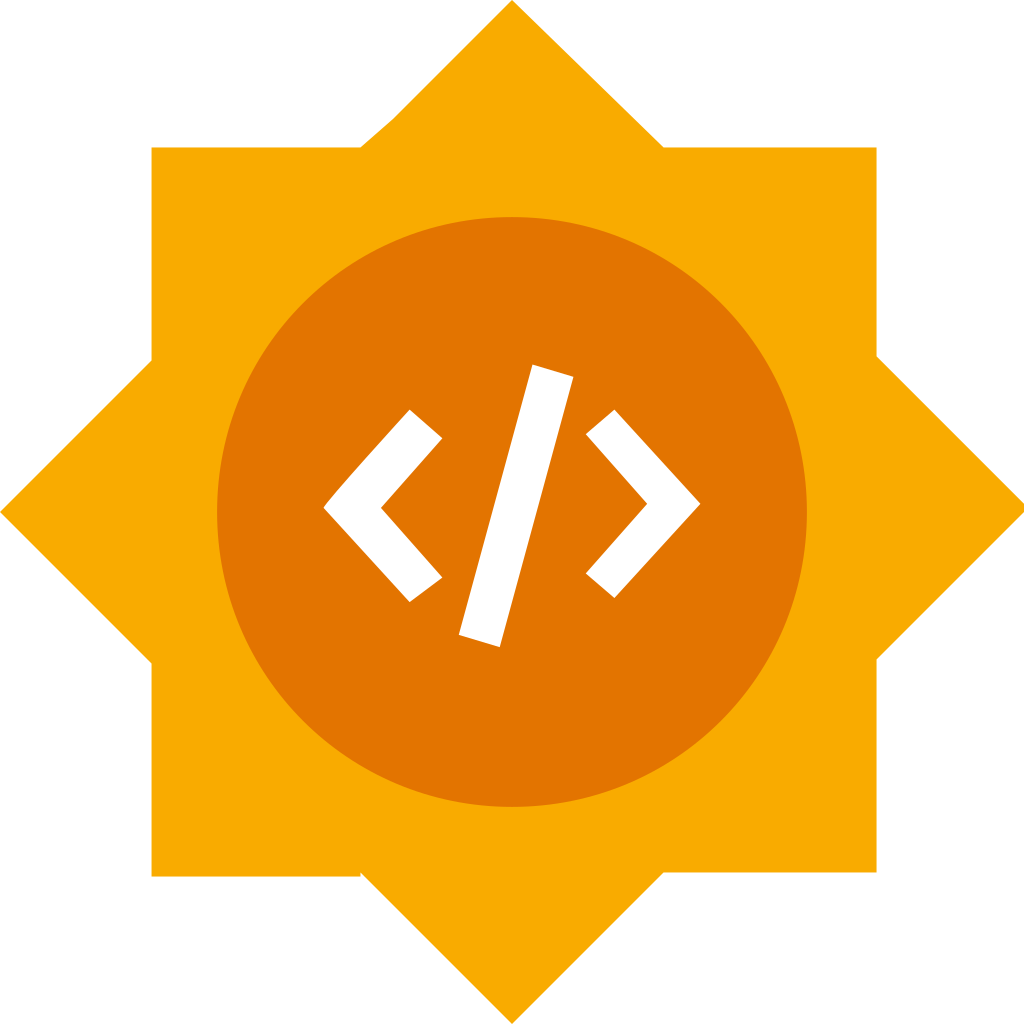By Akshit Maheshwary
IntelOwl Improvements and Integrations

Introduction
It has always been on my mind, to contribute to a great open-source project, like IntelOwl, in a significant manner and though I knew about GSoC earlier, I never paid much attention to it. But here I am, finally documenting everything that I have done this summer as part of Google Summer of Code 2025.
Pre-GSoC Commits/Discussions.
- Added Androguard Analyzer to reverse engineer APKs
- Added NVD CVE Analyzer
- Added MobSF Service Analyzer to perform static and dynamic analysis of APKs straight from IntelOwl
These were some of my PRs that got merged after being reviewed by the project maintainers. I'd also started working on other issues as well such as #2407 which had improved my understanding around some of the core parts of the architecture of IntelOwl.
GSoC Scope of Work and Deliverables
GSoC idea that I've been selected for, involved designing and development of new analyzers for IntelOwl, to further enhance it's threat intelligence capabilites.
Apart from that, I had the opportunity to work on optimising the performance of another Honeynet org's project Honeyscanner - A vulnerability analyzer for honeypots which was not in scope of the proposal, but since HoneyScanner analyzer had to be added, as per the initial proposal, so it was worked on as well.
Now I'll proceed with elucidating the work that I've done.
Addition of New Analyzers
- Added HuntingAbuseAPI Analyzer which provides an updated list of false positives from all it's services. This API can be queried to verify if the provided observable is valid or false positive.
- Updated GreedyBear Analyzer to fetch the command sequences executed in a honeypot using CommandSequenceAPI from GreedyBear.
- Integrated GuardDog to IntelOwl, as part of which 2 analyzers, GuardDogFile and GuardDogGeneric, have been added in order to scan for malicious pypi, npm and go packages.
- ExpandURL Analyzer has been added to IntelOwl, which basically follows the redirection chain for a provided malicious shortened URL and expands it to it's original form for further analysis.
- Added support for JoeSandBox, as part of which 2 analyzers, JoeSandBoxURL and JoeSandBoxFile, to enhance the malware analysis capabilities of Intelowl for a provided sample of file or URL.
- Refactored Flare Capa and Flare Floss analyzers using the traditional analyzer design, in order to solve the problem of managing binaries and tracking updates.
- Integrated the younger brother Yara-X Analyzer to provide faster executions from single analysis. Alongside this, Yara-Forge Rule Repository has also been integrated to provide enhanced rule set selection, as part of this PR.
- Added Honeyscanner Analyzer to provide capability of vulnerability detection in deployed honeypots.
Optimization of core parts of Honeyscanner
- As part of the original GSoC proposal, Honeyscanner analyzer was supposed to be integrated, but the pre-existing design of Honeyscanner was such that vulnerability scan for a single honeypot deployed over external network would theoretically take more than 2 days to finish.
- So as part of the integration of honeyscanner analyzer, significant effort has gone into optimizing the various core parts of the program to achieve faster execution times.
- This PR Optimization of Core parts of honeyscanner alongside Packaging via pyproject.toml mentions everything that has gone into making honeyscanner viable to integrate into InteOwl.
- Some highlights:
- Reduced the execution time from ~ 54 hours to ~ 11 minutes for honeypots hosted over external network by leveraging
asynciolibrary to perform cooperative scheduling of tasks. - Implemented selective fuzzing for externally and locally hosted honeypots to optimise the fuzzing that suits the best to each environment.
- Optimised tar_bomb attack to perform concurrent operations, with the help of
asynciolibrary.
- Reduced the execution time from ~ 54 hours to ~ 11 minutes for honeypots hosted over external network by leveraging
Ending Note and Future Work
I really had a great time working on improving IntelOwl, and making some threat analyst's life easier. I couldn't have imagined that I would get the opportunity to be part of this year's Google Summer of Code cohort and make an impact in open-source world.
I would like to thank my mentors Matteo, Federico and Daniele, who trusted me to carry out this task and who have constantly helped me getting acquainted to the whole process, and have also helped me with any blockers that I faced during this period. I had really insightful discussions with them related to project development which has honed my technical skills .
Regarding the future, I'll continue working with the maintainers of IntelOwl in whatever capacity I can, to continously improve the features of IntelOwl. I do plan to design and develop IntelChat, through which threat analysts can simply chat with IntelOwl, but this idea is in it's infancy right now 😶🌫️
